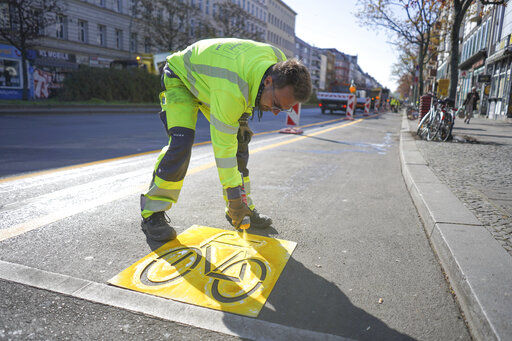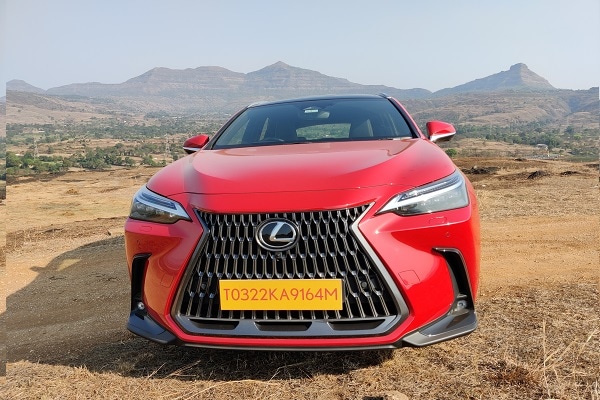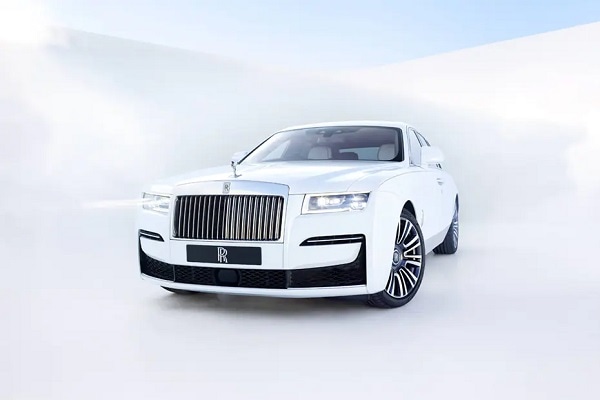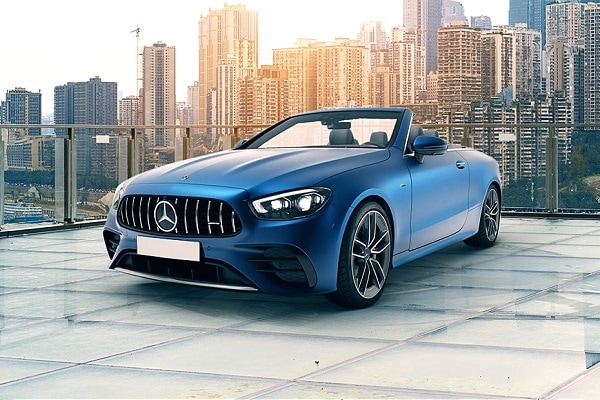Covid-19 leads to bicycle boom around the world, triggers problem of shortage


People around the world are increasingly looking at ditching public modes of transit and opting to pedal to work or college or their other intended places of destination in order to maintain social distance and stay safe amid Covid-19 pandemic. With ridership numbers in public buses, metros and even cabs remaining low in several cities, cycling has re-emerged as a preferred choice to address transport needs, leading also to a problem of shortage.
Associated Press recently reported about how many of Walmart and Target outlets have no more cycles to sell because of a sudden spurt in demand. An analyst tracking the cycling industry has also been quoted as saying that people 'are buying bikes like toilet paper.'
Also check these Vehicles
In Manila, cycle retailers reportedly say that sales are stronger than even what is seen during the holiday season.
Sales of both adult cycles as well as cycles for children have rocketed to nearly doubled, and more, when compared to the same period in 2019.
In cities like Manila, Bogota , Berlin and even Rome, authorities have installed dedicated cycling lanes to promote their use and ensure those on it are safe from any chance of an accident.


In London, authorities are planning to permanently prohibited vehicles on certain roads.
The French government has unveiled a $22-million package to spur cycling post lockdown.
In India too, the government has urged states to look at ways to encourage use of cycles as a viable mode of transport. The Union Housing and Urban Affairs Ministry has advised states to revive non-motorised transit systems. (Full report here)
While all of these may make it easier for people to pedal, what is primarily adding muscle power to the demand is believed to be the feeling that one should avoid public transport, the need for exercising because gyms are mostly shut and the need to indulge in some form of activity after weeks of being in a locked down state.
One key winner in all of this could be the e-cycle industry which is hoping for a windfall. E-cycles are fixed with battery packs and mostly allow for people to pedal when so desired and cruise on electric energy at other times. Experts mostly agree that e-cycles could see a boom because they can address the dual needs of people who are looking for a safe transport option as well as an exercise device. In both cases though, the environment will emerge as a winner because fewer vehicles on the roads would mean lesser emissions.








 40 kWh
40 kWh 150 Km
150 Km
 3996.0 cc
3996.0 cc Petrol
Petrol














